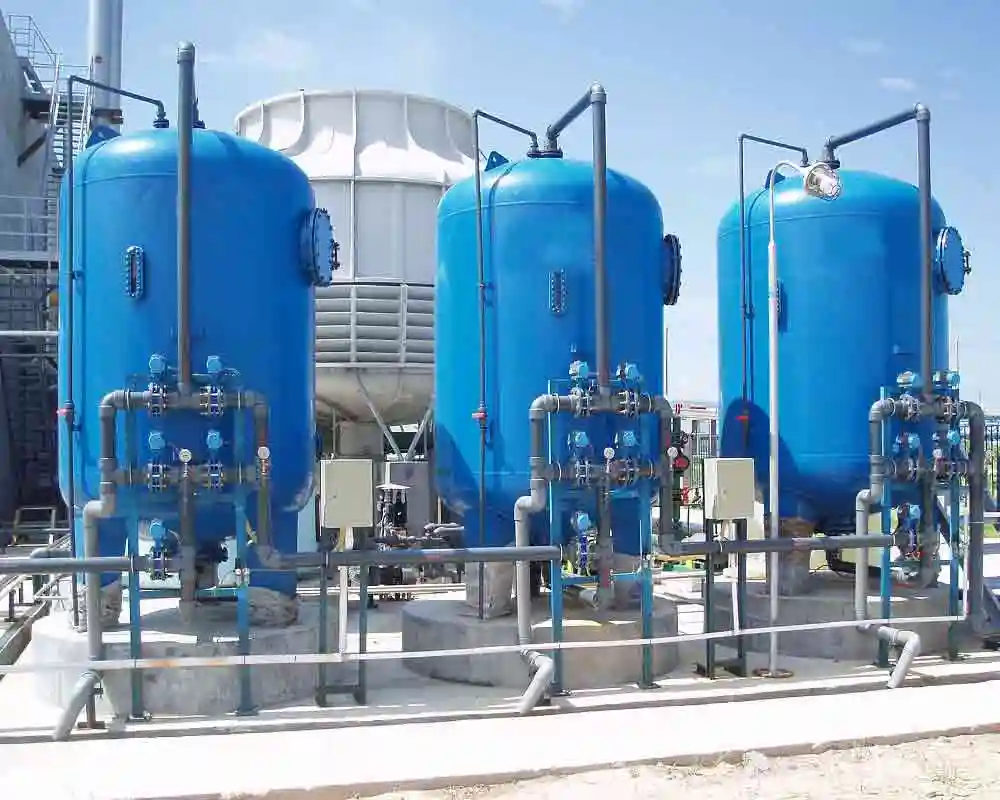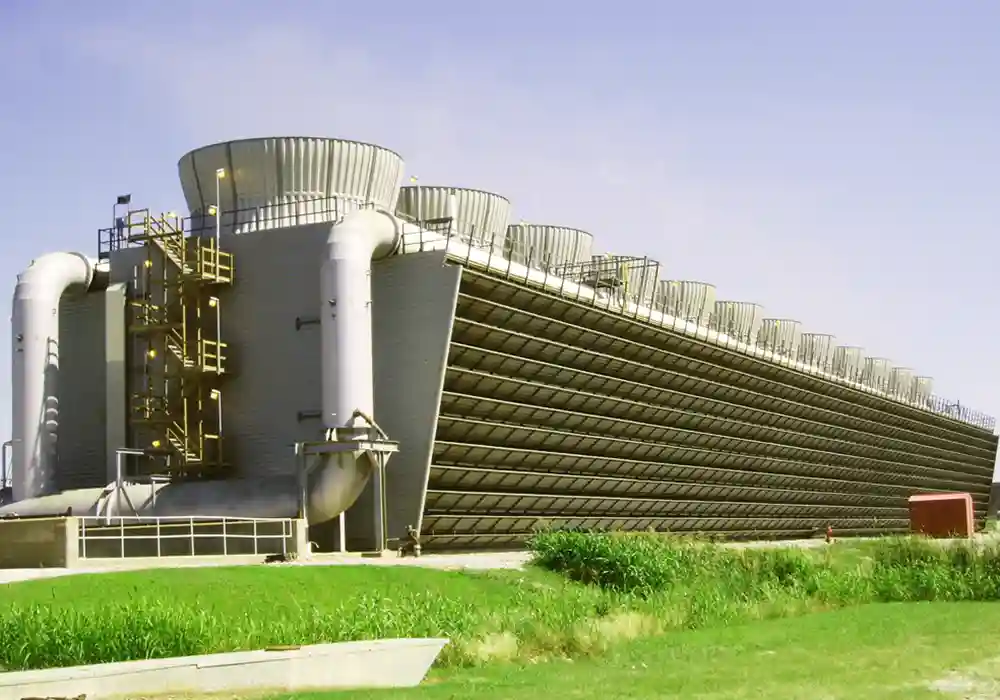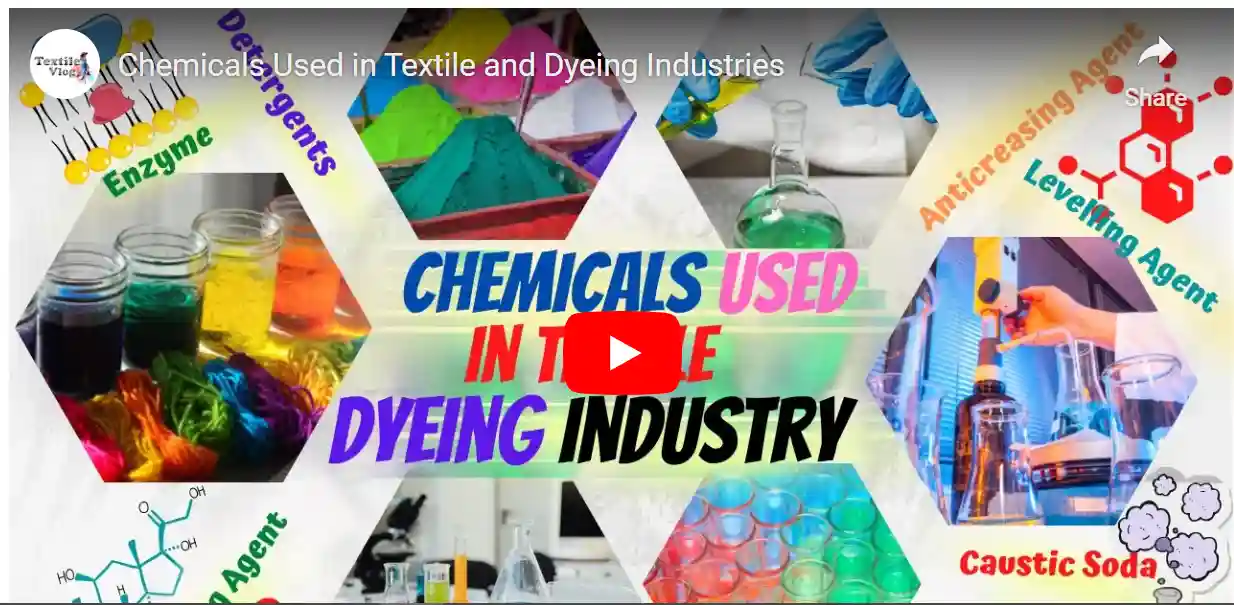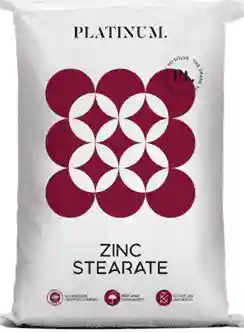
WTP water treatment chemicals
Water treatment chemicals are a diverse group of substances used to make water suitable for drinking, industrial use, and wastewater treatment. They can remove impurities, adjust the pH of the water, or kill harmful bacteria.
Here are some of the common uses of water treatment chemicals:
- Coagulation and Flocculation: These chemicals cause suspended particles in the water to clump together, making them easier to remove by filtration. A common coagulant is aluminum sulfate, also known as alum.
Opens in a new window
www.amazon.com
Aluminum sulfate water treatment chemical
pen_spark
- Disinfection: Chlorine is the most common disinfectant used in water treatment. It kills bacteria, viruses, and other harmful microorganisms. Other disinfectants include chlorine dioxide, ozone, and ultraviolet (UV) light.
Opens in a new window
qdthor.en.made-in-china.com
Chlorine water treatment chemical
- pH Adjustment: The pH of water is a measure of how acidic or basic it is. Water treatment chemicals can be used to raise or lower the pH of water to make it less corrosive or to improve the effectiveness of other treatment processes. Sodium hydroxide is a common base used for adjustment.
Opens in a new window
www.buckmansinc.com
Sodium hydroxide water treatment chemical
- Corrosion Control: Water treatment chemicals can be used to prevent pipes and other infrastructure from corroding. These chemicals can form a protective film on the inside of pipes or scavenge oxygen from the water, which can help to prevent rust.
- Scale Control: Hard water contains minerals that can form scale on pipes and appliances. Water treatment chemicals can be used to sequester these minerals or prevent them from precipitating out of the water.
The specific water treatment chemicals used will vary depending on the raw water source, the desired water quality, and the treatment process being used.





